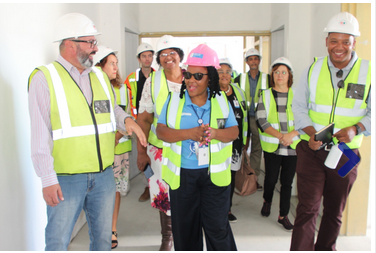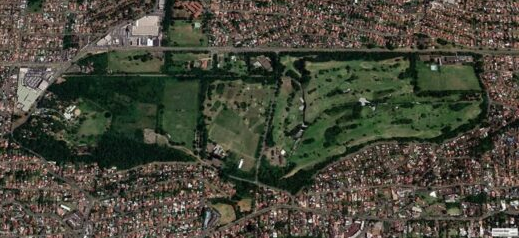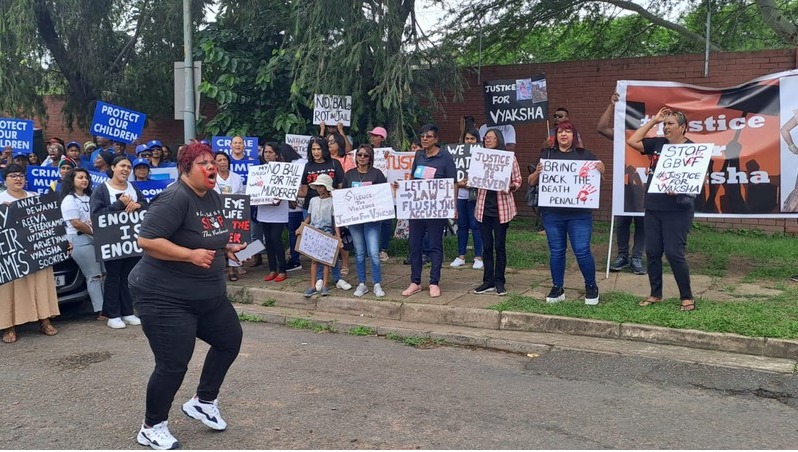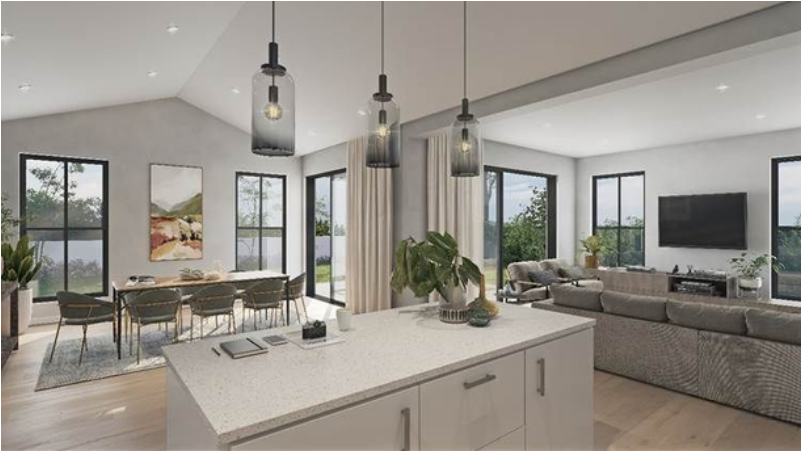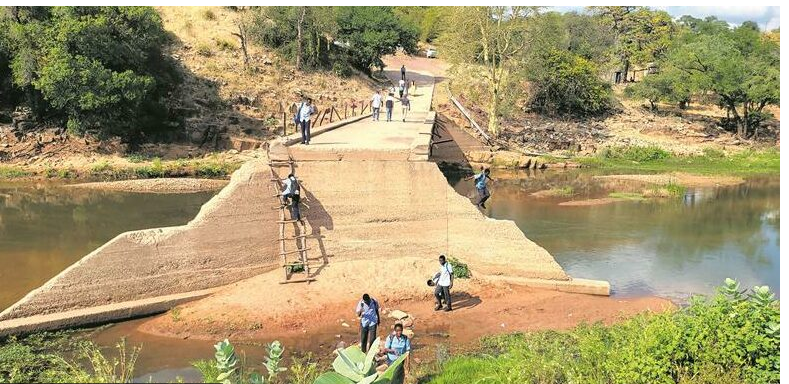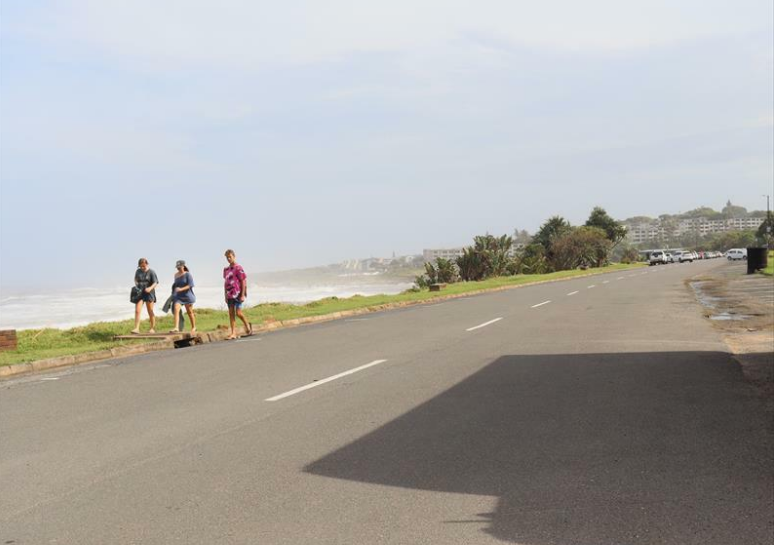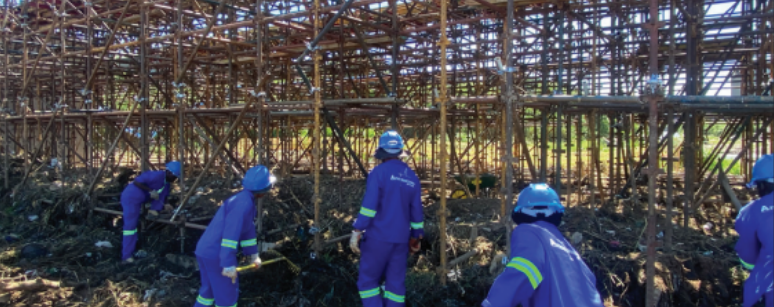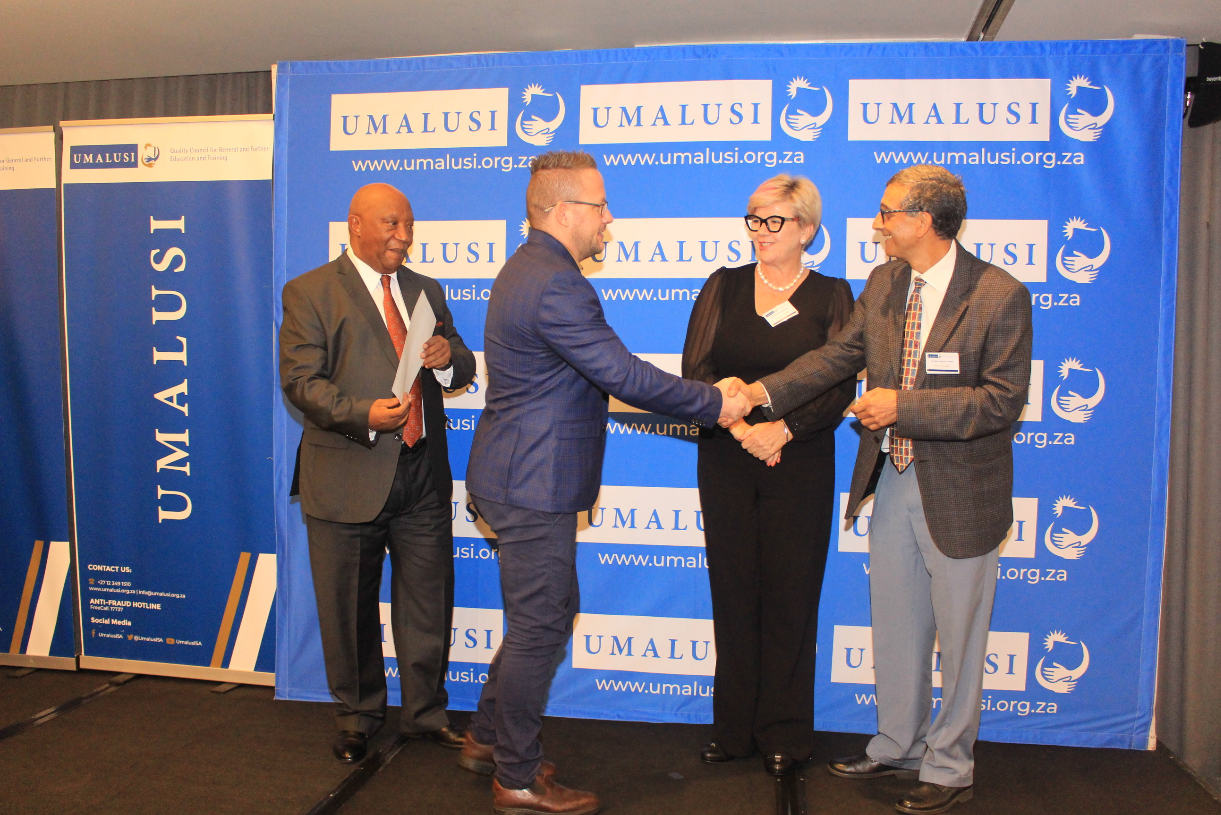Public Works to present draft infrastructure plan by June

26-05-2021
Read : 431 times
Moneyweb
Source
The Department of Public Works and Infrastructure (DPWI) is developing the National Infrastructure Plan 2045 (NIP 2045), which will provide investors with a clear picture of the government’s infrastructure plans for the next 24 years.
DPWI Minister Patricia de Lille confirmed this on Tuesday during her budget vote speech in parliament and also provided an update on the status of some of the government’s major strategic integrated projects (SIPs).
De Lille said the NIP 2045 will spell out the government’s intentions to build, manage and maintain infrastructure for the next 24 years.
“Sector experts, from business, organised labour, think tanks, state-owned entities [SOEs] are all part of drafting the NIP 2045.
“The draft plan will be presented to cabinet in June 2021 and soon after gazetted for broader public comment,” she said.
De Lille added that a year ago this week cabinet approved South Africa’s Infrastructure Investment Plan, which forms a fundamental part of South Africa’s Economic Reconstruction and Recovery Plan.
She said the plan resulted in Infrastructure South Africa (ISA) being created as the single entry point for all infrastructure and the Infrastructure Fund will spend R100 billion over a period of five years.
Projects
De Lille referred to the 50 projects and 12 special projects that were identified and gazetted as SIPs in July 2020, adding that ISA has now assessed all the historical infrastructure projects (SIPs 1 to 18) from the Fifth Administration and reviewed their current status in the project life cycle.
She said ISA found there are:
-
46 projects completed with a portfolio value of R162 billion;
-
81 projects at different stages of construction with a portfolio value of R800 billion;
-
22 projects with a portfolio value of R73.1 billion in procurement;
-
31 projects with a portfolio value of R215.1 billion at the feasibility stage; and
-
84 projects and programmes on hold.
De Lille said the ISA report was provided to the Presidential Infrastructure Coordinating Commission Council (PICC) on April 22.
ISA also visited the three spheres of government and SOEs and every province, unblocking catalytic infrastructure projects, including private sector-led projects, she said.
De Lille provided updates on the One Stop Border Posts with Zimbabwe, Mozambique, Lesotho, eSwatini and Botswana project, the Salvokop Precinct Development in Pretoria and her department’s photovoltaic (PV) solar energy and water savings project on the Government Buildings Programme.
She said about R1.5 billion will be allocated from the Infrastructure Fund over the next few financial years for the One Stop Border Posts project, which will be a public-private partnership (PPP).
Beitbridge
The DPWI minister has been severely criticised for the botched Beitbridge border project, which has been mired in controversy after investigations this year found that R40 million had been budgeted for a fence was ineffective at preventing illegal border crossings and easily scalable and De Lille admitted was “not fit for purpose” and will be taken down.
De Lille said on Tuesday that in seeking solutions to provide more secure border infrastructure, her department advertised a request for proposals for borderline infrastructure for the country to deal with fixing the porous border fencing around the country.
She said the requests for information closed on April 26 and this process is aimed at providing borderline solutions for the whole country.
“DPWI received 16 bids and the department is currently evaluating the proposals and this is expected to be completed on June 15 2021.
“Thereafter, the various options will be discussed with the Department of Defence to finalise the specifications before going out for tender.
“We are exploring using the build-operate and transfer model for this project,” she said.
Salvokop Precinct
De Lille unveiled the Salvokop Precinct Development in Pretoria in December 2019 and indicated it will be developed as a public-private partnership (PPP).
The total development opportunity in Salvokop involves a total of 524 000m2 at an estimated cost of R18 billion, with the first phase costing an estimated R6.5 billion.
De Lille said on Tuesday this mixed-use precinct will include national offices for four government departments – Correctional Services; Higher Education and Training; Social Development and its agencies, the SA Social Security Agency (Sassa) and the National Development Agency (NDA); and the Department of Home Affairs.
“The process for the appointment of a contractor to install bulk and internal services at Salvokop is currently being finalised that will facilitate development of Phase 1, constituting 350 000m2 of development of four government head offices.
“Four public-private partnerships have been registered and are currently in feasibility and budget approval stages with National Treasury,” she said.
Government buildings
De Lille said the DPWI, as the landlord for all government buildings, consumes an estimated 4 021 Gigawatt hours and 39 million kilolitres of water each year.
This equates to on average R2.4 billion expenditure each year on electricity and on average R1.8 billion each year expenditure on water, she said.
De Lille said the DPWI’s PV and water savings project aims to reduce energy consumption by between 22% and 45% over the life of the programme and water consumption by between 30% and 55%, which will equate to an estimated saving of up to R500 billion over 30 years for the government.
De Lille said this programme, which will also reduce carbon emissions by 54.5 mega tonnes, was gazetted as a SIP on July 24, 2020, which has enabled it to follow an expedited path.
She said it has received Treasury approval for Phase 1 and has been registered to be implemented in collaboration with the private sector on a full design, finance, build, operate, transfer basis, allowing the programme to proceed to Phase 2, which entails the implementation and procurement of the programme.
“The project team and transaction advisor, together with the chief financial officer have worked with National Treasury on the structuring and governance of the various utilities budgets and are in full agreement on the way forward.
“This will mean that this SIP will be able to go to market in the next few months,” she said.
Scepticism
Peregrine Capital executive chair David Fraser is sceptical about the ability of the government to efficiently implement its infrastructure plan.
Fraser said the SA National Roads Agency (Sanral) has a model where it effectively outsources the monitoring and managing of their projects to professional engineering companies.
“To have a body of professional engineers sitting off Sanral and them just making the decisions on appointments and stuff means that Sanral can scale up relatively quickly and award big projects and at least have some kind of a handle on the delivery of those projects whereas I don’t think the same can be said about the rest of the government,” he said.
Despite signs of increased construction tender activity, Master Builders South Africa (MBSA) executive director Roy Mnisi told Moneyweb earlier this month that “construction is struggling” and it is one of the economic sectors most negatively impacted by the Covid-19 lockdown.
Mnisi said MBSA members report that they are waiting for the award of the government’s SIPs projects.
“These projects are being awarded very slowly and the number that have been awarded to date are insufficient to keep the construction sector alive,” he said.
Recent News
Here are recent news articles from the Building and Construction Industry.
Have you signed up for your free copy yet?
